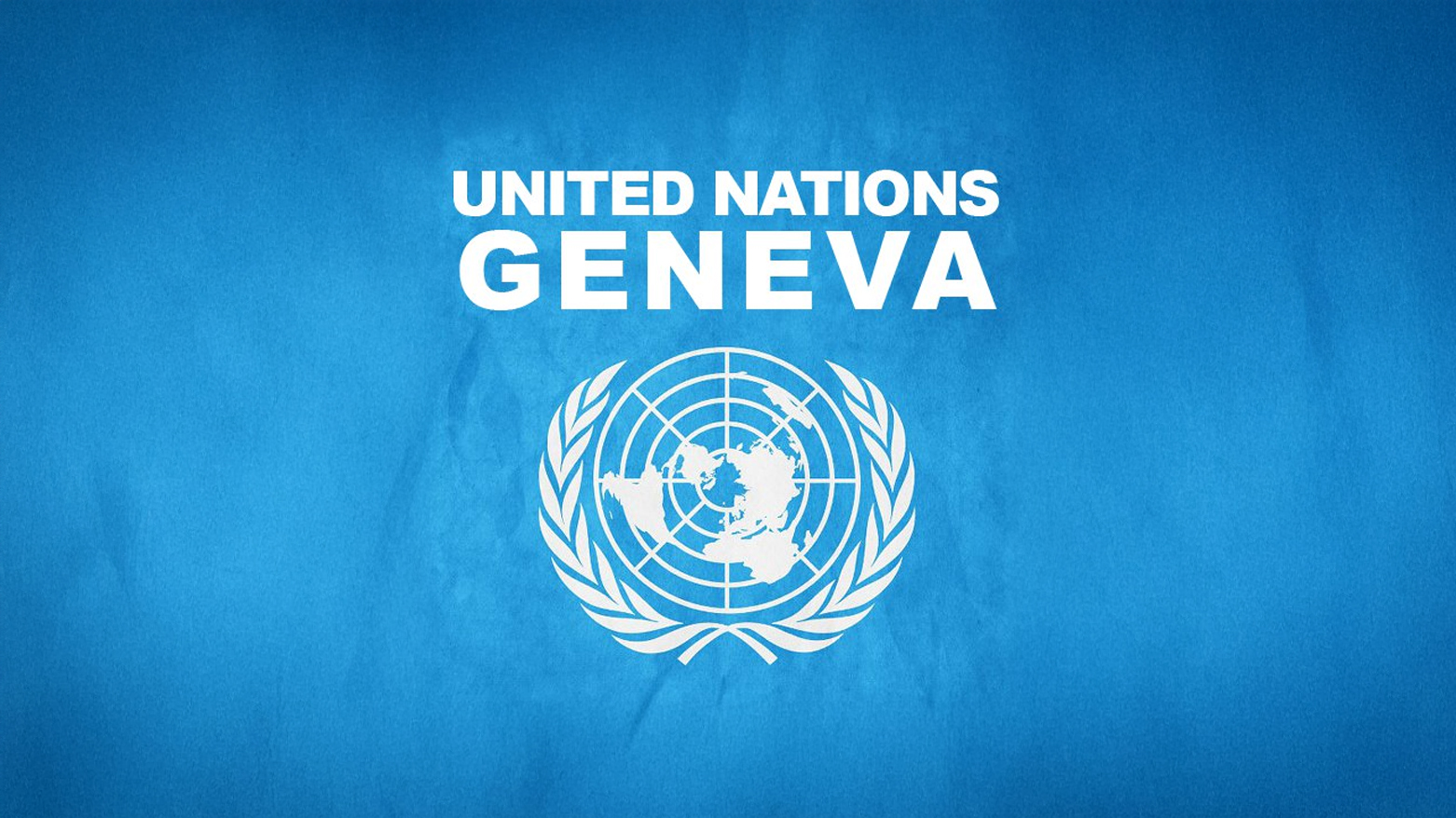European and Iranian Foreign Ministers to Convene in Geneva for High-Stakes Nuclear Talks
EU powers to hold urgent nuclear talks with Iran in Geneva amid Israel conflict. Aim to revive 2015 deal as Trump weighs strikes, Iran warns of assassination plot.

ERBIL (Kurdistan24) – Foreign ministers from France, Britain, and Germany are set to hold crucial nuclear talks with their Iranian counterpart in Geneva on Friday, as efforts intensify to de-escalate the rapidly worsening conflict between Israel and Iran. The meeting, confirmed by multiple European diplomats and Iranian officials, marks a pivotal diplomatic maneuver amid fears of regional conflagration.
French Foreign Minister Jean-Noel Barrot, British Foreign Secretary David Lammy, and German Foreign Minister Johann Wadephul will meet Iranian Foreign Minister Abbas Araghchi alongside the European Union’s foreign policy chief Kaja Kallas. The EU has maintained that diplomacy is the only viable path to ensure Iran does not acquire nuclear weapons capabilities.
Iran’s Araghchi confirmed the meeting in a statement carried by the IRNA news agency, stating, “We will meet with the European delegation in Geneva on Friday.”
The talks come as U.S. President Donald Trump considers whether to join Israel’s expanding military strikes against Iran’s nuclear infrastructure. Speaking from the White House earlier this week, Trump said, “I may do it, I may not do it,” regarding the possibility of U.S. air strikes on Iranian facilities, reiterating his demand for Iran’s “unconditional surrender.”
In recent days, Israel has launched intense air strikes targeting Iranian military and nuclear sites, killing multiple senior Iranian officials. In retaliation, Tehran has responded with missile salvos. Amid the violence, Araghchi's advisor, Mohammad Hossein Ranjbaran, revealed on X that there had been concerns over potential Israeli attempts to assassinate the Iranian foreign minister en route to Geneva. “A major Israeli plot against him was foiled just a few days ago in Tehran,” Ranjbaran stated, adding that Araghchi “seeks martyrdom.”
The Geneva summit is expected to revive European-led efforts for diplomatic engagement, particularly to explore avenues for reviving the 2015 nuclear deal, which the Trump administration withdrew from during his first term in office. Despite Iran’s uranium enrichment reaching 60% purity—far above the limit stipulated by the deal—it remains below the 90% threshold needed for nuclear weaponization. Tehran has repeatedly denied it is seeking to build nuclear arms.
French President Emmanuel Macron earlier indicated that European powers are preparing a new initiative aimed at resolving the Israel-Iran confrontation. “We are ready to take part in negotiations aimed at obtaining from Iran a lasting rollback of its nuclear and ballistic missile programmes,” Barrot said on Thursday after consultations in Paris.
Barrot further emphasized Iran’s stated openness to resume direct talks, including with the United States, provided a ceasefire is first established.
With Washington closely observing the diplomatic developments, British Foreign Secretary Lammy held talks with U.S. Secretary of State Marco Rubio in Washington on Thursday to coordinate positions ahead of the Geneva meeting.
The European bloc continues to advocate for a negotiated resolution, insisting that a return to talks is the only sustainable pathway to regional stability. However, as the sixth day of military exchanges unfolds between Iran and Israel, Geneva’s negotiations may determine whether diplomacy can stave off a broader regional war.
